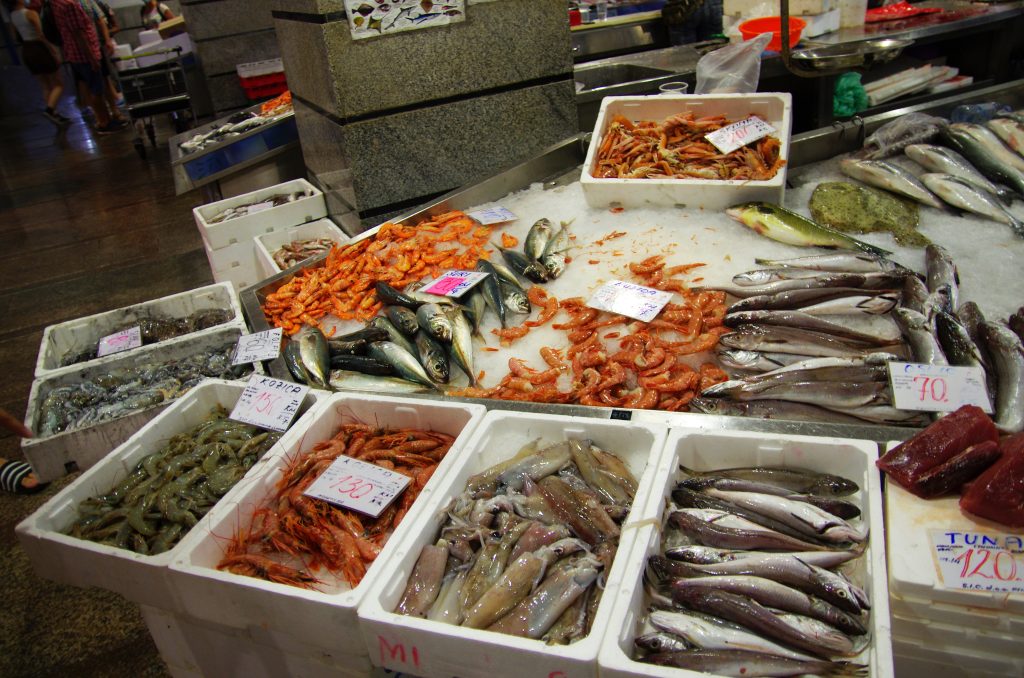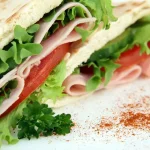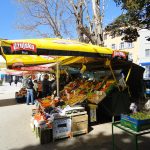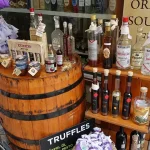November the 30th, 2023 – The former Croatian economy minister, Goranko Fižulić, has discussed why food prices in this country have continued to shoot up. There are four reasons, at least according to him.
As Poslovni Dnevnik writes, former Economy Minister Goranko Fižulić was recently a guest on N1 television/televizija, where he commented on the announced sale of Fortenova, as well as the economic situation in Croatia as a whole.
Why do Croats spend more on food than the EU average?
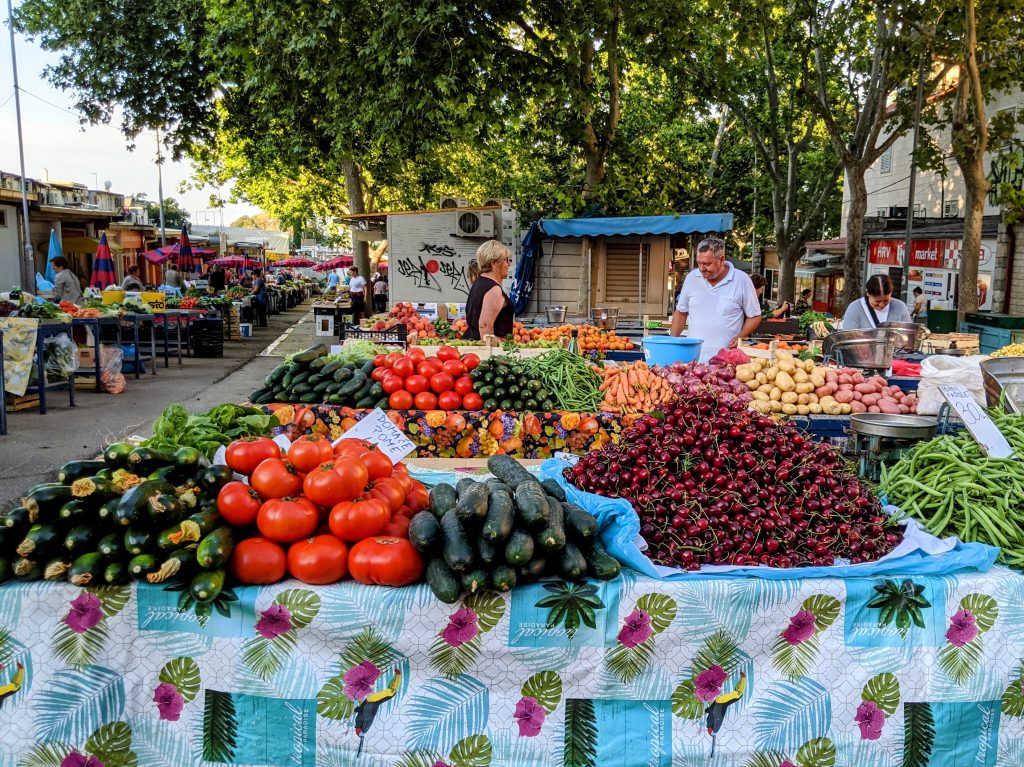
Goranko Fižulić first began to explain why Croats typically spend more on food than the entire European Union average. “There’s nothing very strange about that, we’ll spend less of our monthly salaries on food when we earn more and become richer. There are several reasons as to why we do this, the first is whether there is a market match between food sellers and buyers. You have the example of neighbouring Slovenia, where the market competition is led by Lidl and Hofer, and then you see prices fall,” he said.
The situation with Fortenova (the former Agrokor)
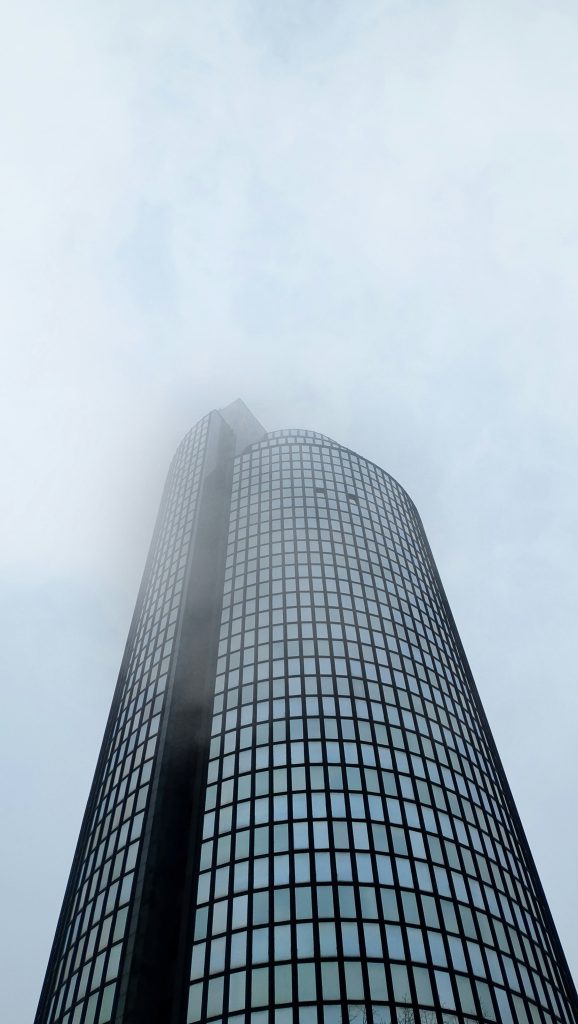
“We recently found out that Fortenova is going to be sold to one owner. Let’s go back six years to when the former extraordinary commissioner of the Croatian Government, Ante Ramljak, said that Agrokor would be broken down into factors and that it wouldn’t be a systemic risk for Croatia. We can see that that didn’t happen. Back then, there was a chance for the state to break up Konzum as the biggest market competitor in Croatia, and if that had actually occurred, the price level in Croatia would be lower than it is now,” Goranko Fižulić added.
VAT has an influence…
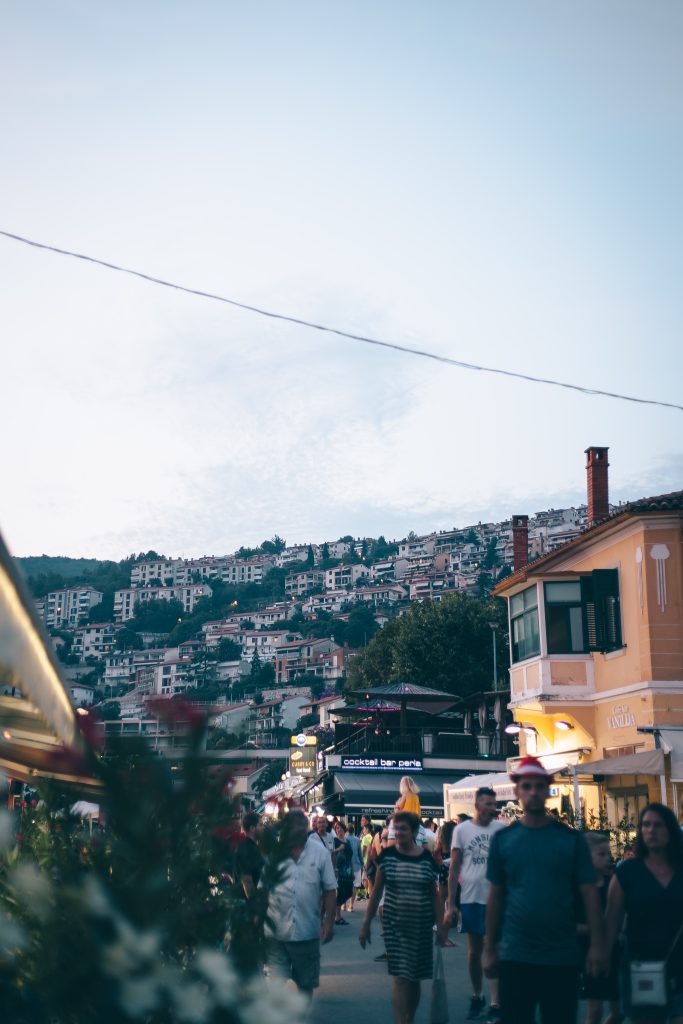
“Another thing that’s important to note in this regard is the influence of VAT in Croatia. Even at a reduced rate, it is higher than the VAT on products in most of Croatia’s surrounding countries. The third reason Croats spend so much on food is that Croatia is much more logistically demanding. This is due to the small number of inhabitants. Owing to that, the cost is higher because we aren’t compact like, for example, Slovenia. The fourth reason is the tourist season when foreigners who have a generally better standard come and spend their cash here, and thus raise prices for everyone else,” he explained.
Goranko Fižulić then warned that during the mandate of current Prime Minister Andrej Plenković, the number of people living at risk of poverty across Croatia markedly increased. “This mostly applies to the elderly population. GDP did increase, but it did so per inhabitant because Croatia lost a lot of its population. This year it increased by an approximate fifth. It grew the most in Romania and Poland. We should be concerned that the GDP in Bosnia and Herzegovina and Serbia, neither of which are Member States of the EU, grew by the same percentage as Croatia’s GDP did. This shows how much we use our EU membership to our advantage,” he concluded.

